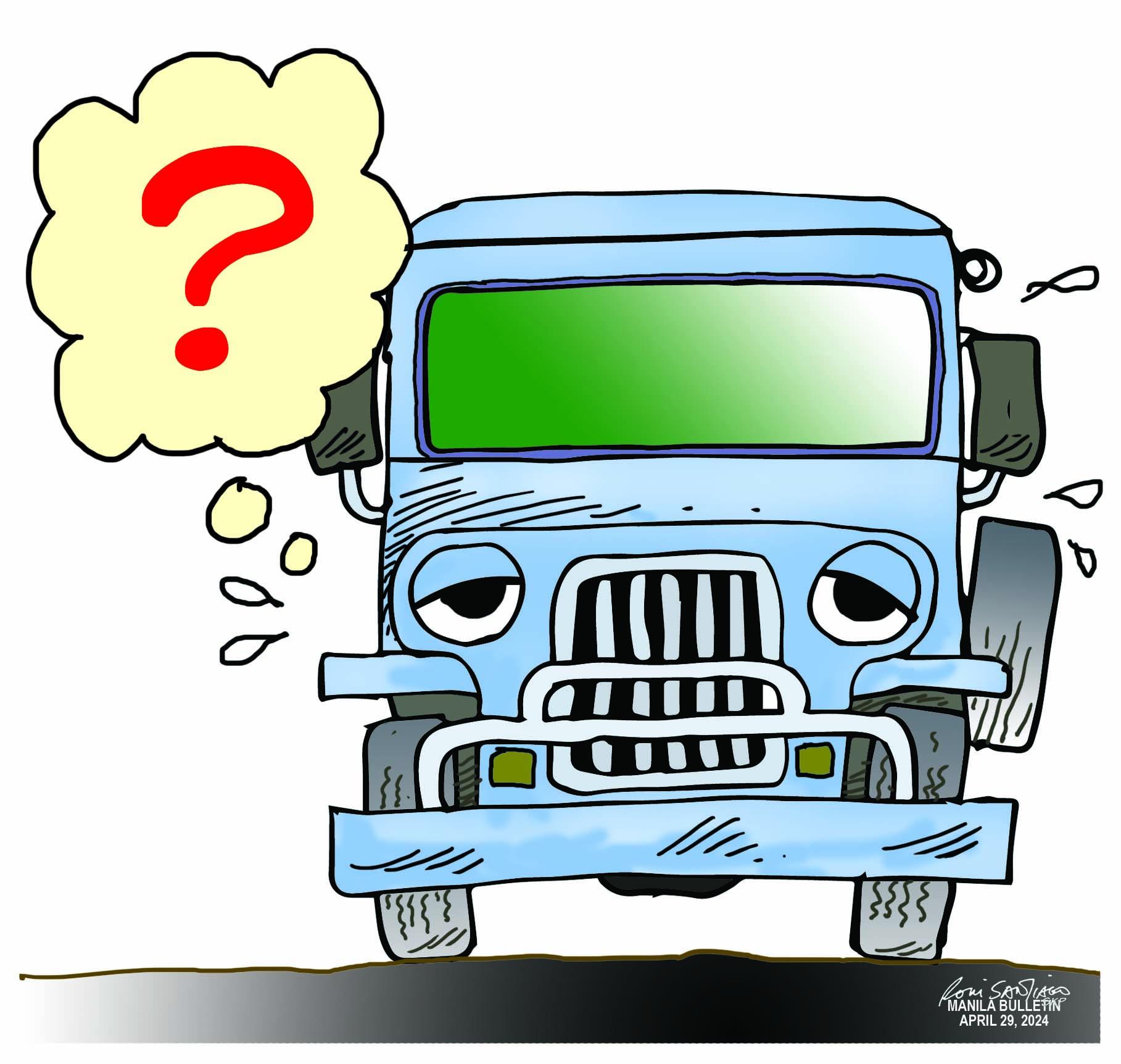
This week starts with a nationwide transport strike arising from disagreements regarding the implementation of the Public Utility Vehicle Modernization Program (PUVMP). Considering that an estimated nine million commuters take the jeepney everyday in Metro Manila, and there are about 600,000 jeepney drivers nationwide this matter deserves serious attention.
According to the protesting organizations, the government has not yet adequately responded to their need for continuity of livelihood. They are concerned about not being able to afford the monthly amortization of the modern jeepneys, as their estimated earnings are likely to be channeled mostly to monthly payments and maintenance cost.
This protest underlines, too, the concern of Filipino workers about the need for higher pay. They call attention to the need to raise pay to the level of a living wage that would enable them to cope with the high cost of food, clothing and shelter that has eroded the purchasing power of their modest wages.
Meantime, the controversy festers. Still pending in the Supreme Court are cases filed by the opponents of jeepney modernization that, in the view of the Land Transportation Franchising and Regulatory Board (LTFRB), should have been filed in the trial courts.
Government policymakers would do well to reassess and enhance the viability of the PUVMP. It is claimed by the LTFRB that the consolidation of jeepneys nationwide has reached the 80 percent mark, and that it has reached 96 percent in Metro Manila. But even the LTFRB head has clarified that these figures consider only active jeepneys. If non-active jeepneys are included, the figure is only 56 percent. The thinktank Ibon Foundation has an even lower estimate of 40 percent.
Regardless of these different estimates, it is evident that tens of thousands of drivers and their families — who belong to the lowest income classes — are severely affected by the harsh effects of this modernization program. House Speaker Martin Romualdez has stated that assistance programs, including affordable financing options and technology training, must be put in place to facilitate the transition to new vehicles.
Perhaps the Department of Finance, through the Office of Transportation Cooperatives, could assist the affected jeepney drivers by enabling access to financing that, in the past, was made available by the Development Bank of the Philippines (DBP) through an amortization program pegged to their earning capacity.
Another objective of the PUVMP is to modernize the jeepneys and elevate the country’s public transportation sector on parity with the rest of Southeast Asia. The government’s political will to achieve this may be demonstrated if it takes concrete steps to address the financing and affordability aspects.
Finally, the jeepney has become a Filipino cultural icon with regional variants. In many communities, the jeepney ride becomes the venue for sharing stories and demonstrating little acts of kindness that lighten life’s burden. We call on the government to take the lead in building common ground, so that all vital stakeholders may be brought together to reach viable solutions.